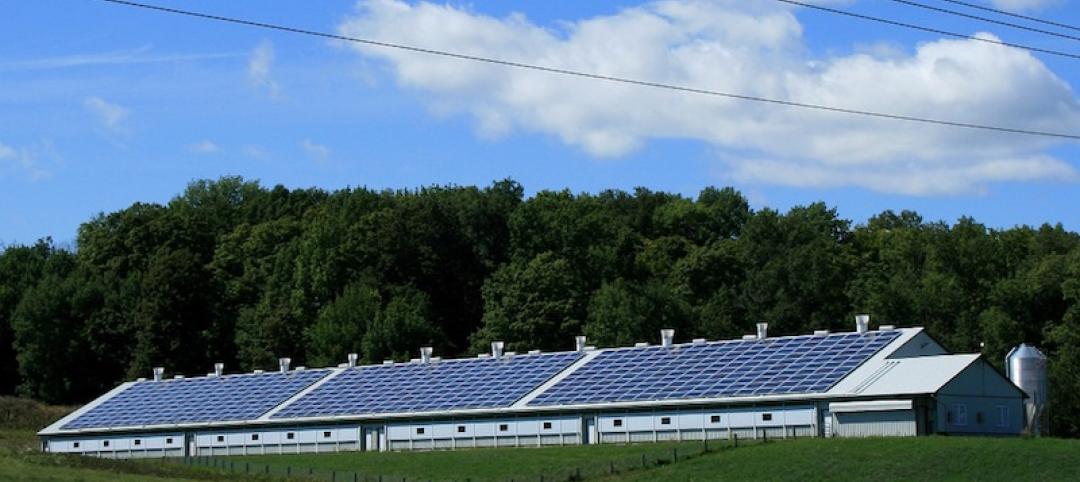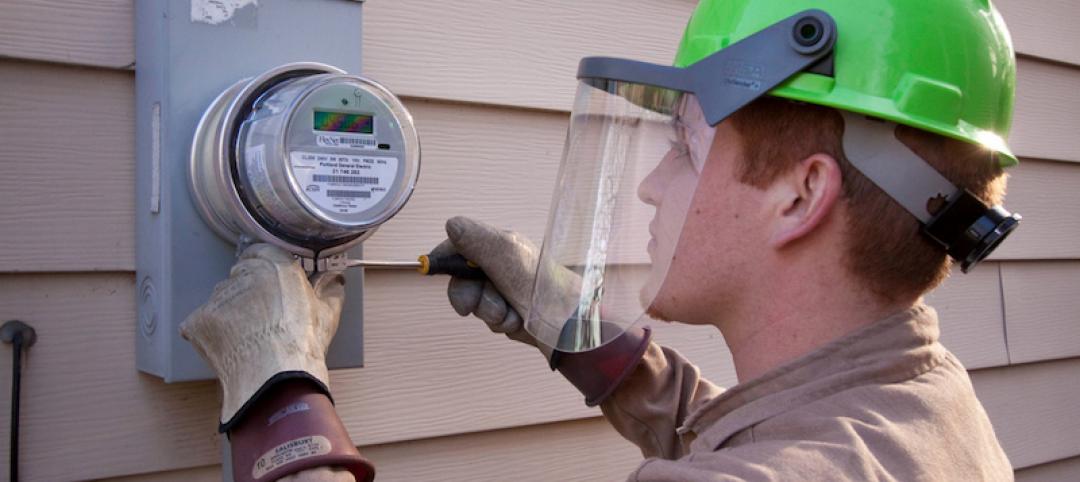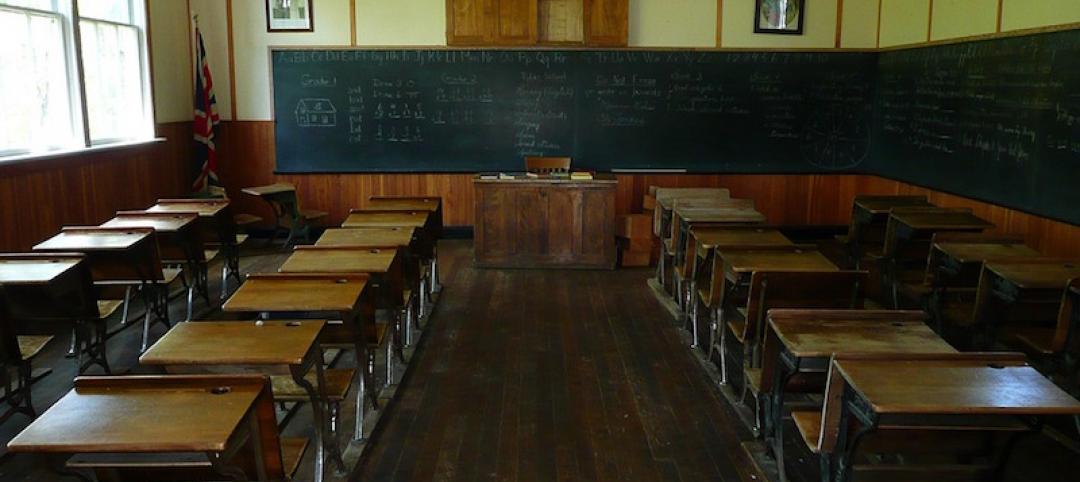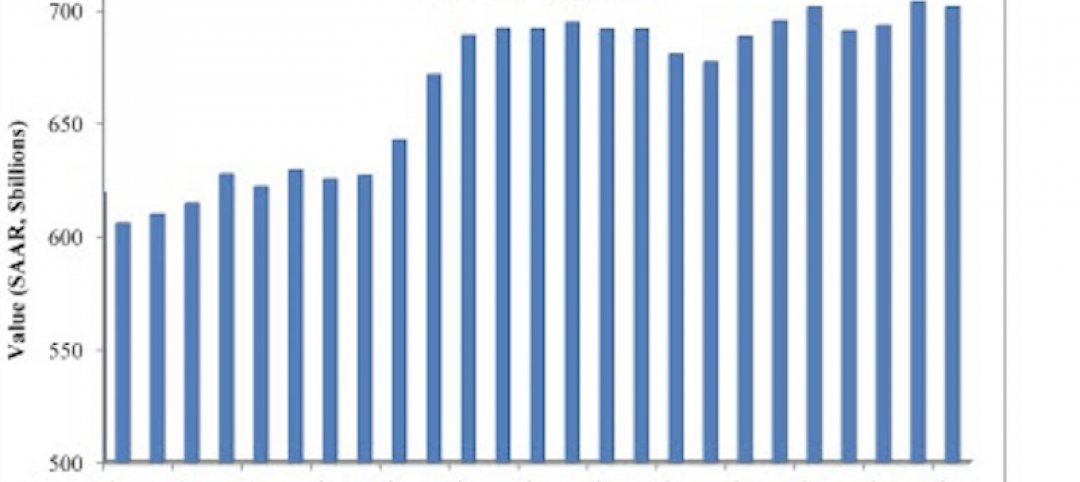A study released today by the Beacon Hill Institute found that Ohio schools built under government-mandated project labor agreements (PLAs) cost 13.12 percent more than schools that were bid and constructed through fair and open competition, free from PLA requirements. The study looked at 88 schools built in Ohio since 2000 and found that those built under a PLA mandate cost $23.12 more per square foot than projects built without PLA mandates.
“The study released today by the Beacon Hill Institute corroborates past academic research that shows that anti-competitive government-mandated PLAs prevent taxpayers from getting the best return on their investment,” said ABC Vice President of Regulatory, Labor and State Affairs Ben Brubeck. “All taxpayers deserve efficient, accountable and effective construction spending and investment in schools and infrastructure free from special-interest handouts that discourage competition from qualified, local workers and contractors.”
“Associated Builders and Contractors encourages Ohio lawmakers to join the 23 pro-taxpayer states that have passed measures that ensure government neutrality toward PLAs,” said Brubeck. “Additionally, ABC encourages President Trump to rescind President Obama’s Executive Order 13502, which promotes costly PLA mandates on federal and federally assisted construction projects, and replace it with a common-sense policy that would guarantee fair and open competition from America’s best construction companies and create opportunities for America’s entire skilled construction workforce as Washington considers a federal infrastructure plan.”
The full study, Project Labor Agreements and the Cost of School Construction in Ohio, is available on the Beacon Hill Institute's website.
Related Stories
Market Data | Oct 4, 2016
Nonresidential spending slips in August
Public sector spending is declining faster than the private sector.
Industry Research | Oct 3, 2016
Structure Tone survey shows cost is still a major barrier to building green
Climate change, resilience and wellness are also growing concerns.
Industry Research | Sep 28, 2016
Worldwide hotel construction shows modest year-over-year growth
Overall construction for hotel projects is up, but the current number of hotels currently being built has dipped slightly from one year ago.
Industry Research | Sep 27, 2016
Sterling Risk Sentiment Index indicates risk exposure perception remains stable in construction industry
Nearly half (45%) of those polled say election year uncertainty has a negative effect on risk perception in the construction market.
Industry Research | Sep 21, 2016
The global penetration of smart meters is expected to reach approximately 53% by the end of 2025
Large-scale smart meter deployments are underway across Western Europe, while new deployments continue among later adopters in the United States.
Industry Research | Sep 12, 2016
Evidence linking classroom design to improved learning mounts
A study finds the impact can be as much as 25% per year.
Healthcare Facilities | Sep 6, 2016
Chicago Faucets releases white paper: Reducing the risk of HAIs in healthcare facilities
The white paper discusses in detail four options used to mitigate transmission of waterborne bacteria
Market Data | Sep 2, 2016
Nonresidential spending inches lower in July while June data is upwardly revised to eight-year record
Nonresidential construction spending has been suppressed over the last year or so with the primary factor being the lack of momentum in public spending.
Industry Research | Sep 1, 2016
CannonDesign releases infographic to better help universities obtain more R&D funding
CannonDesign releases infographic to better help universities obtain more R&D funding.
Industry Research | Aug 25, 2016
Building bonds: The role of 'trusted advisor' is earned not acquired
A trusted advisor acts as a guiding partner over the full course of a professional relationship.

















